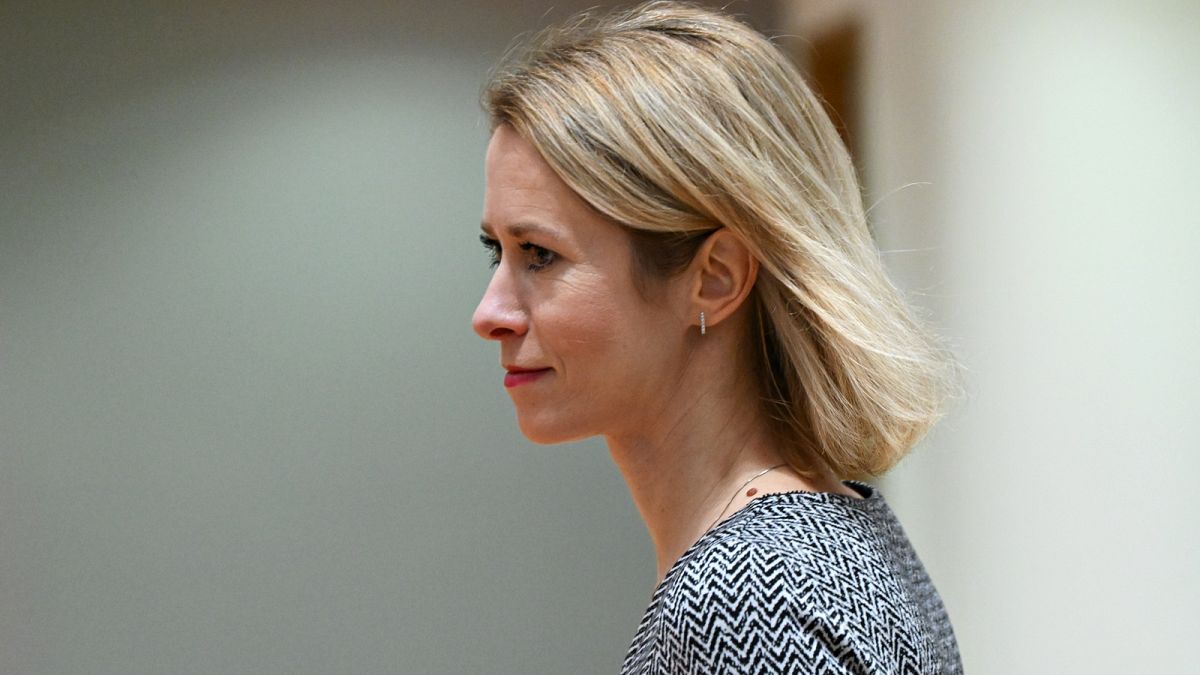Kaja Kallas, the former prime minister of Estonia, is vying to become the next foreign policy chief of the European Union. In a letter to the European Parliament, she warns against Russia’s “imperialistic dream” and China’s “unfair competition,” stating that both nations, along with Iran and North Korea, are attempting to exploit supply chains and societal openness to create chaos within the EU. Kallas emphasizes the need to defend the EU’s values and interests against systemic rivals, signaling her commitment to addressing pressing issues such as Russia’s invasion of Ukraine and enhancing the EU’s security and defense capabilities.
As one of the 26 European Commissioners-designate being scrutinized by MEPs, Kallas’s nomination as High Representative has attracted significant attention. She stresses the personal significance of European security, given Estonia’s historical stance against Russia’s imperial ambitions. In her written responses, Kallas outlines her top priorities, including responding to Russia’s aggression in Ukraine and strengthening the EU’s security and defense capabilities urgently. She aligns with Ursula von der Leyen’s focus on defense as a key component of the next European Commission and underscores the need for increased cooperation and investments among member states.
In her letter, Kallas reaffirms the EU’s commitment to supporting Ukraine in its conflict with Russia, advocating for a more robust response from the EU to assist Ukraine in overcoming the war. While addressing Russia and Ukraine features prominently in her proposals, Kallas also highlights China as a significant systemic rival, stressing the need to safeguard the EU’s geopolitical and economic security in its engagements with Beijing. She emphasizes the importance of a new foreign economic policy that combines geopolitics and geoeconomics, urging member states to enhance oversight of technology exports to prevent unfair competition practices.
Kallas’s proposed assertive response to external threats aims to protect the EU from malign influences and exploit vulnerabilities in open societies. She underscores the need for rapid threat analysis and leveraging existing instruments, such as the new horizontal sanctions regime on hybrid threats, to counteract actors like Russia, Iran, North Korea, and partially China. While she addresses the crisis in the Middle East and advocates for a two-state solution, Kallas does not explicitly mention Israel and Hamas in her letter, focusing instead on broader geopolitical challenges facing the EU.
The upcoming confirmation hearing of Kaja Kallas on 12 November before multiple parliamentary committees will offer further insight into her policy priorities and approach as the potential foreign policy chief of the EU. With a strong emphasis on defending EU values, addressing geopolitical threats, and strengthening security and defense capabilities, Kallas aims to position herself as a proactive and assertive leader in navigating the complex international landscape. Her focus on responding to Russia’s aggression in Ukraine and countering unfair competition from China highlights the critical role she envisions for the EU in shaping global relations and safeguarding European interests.











